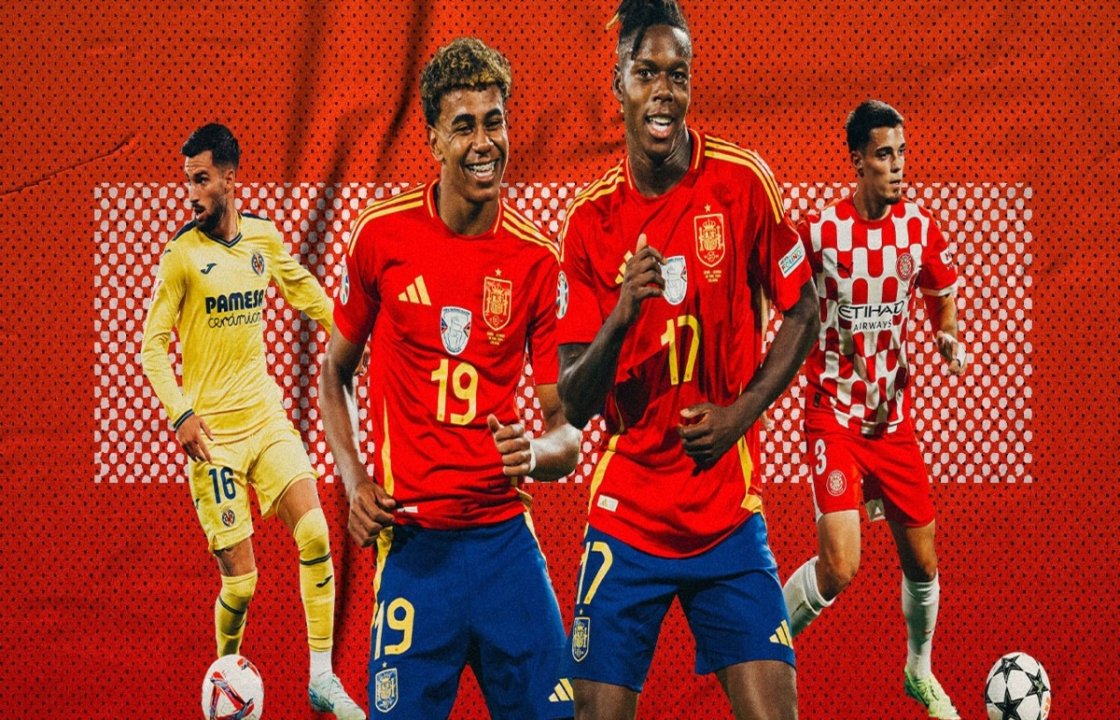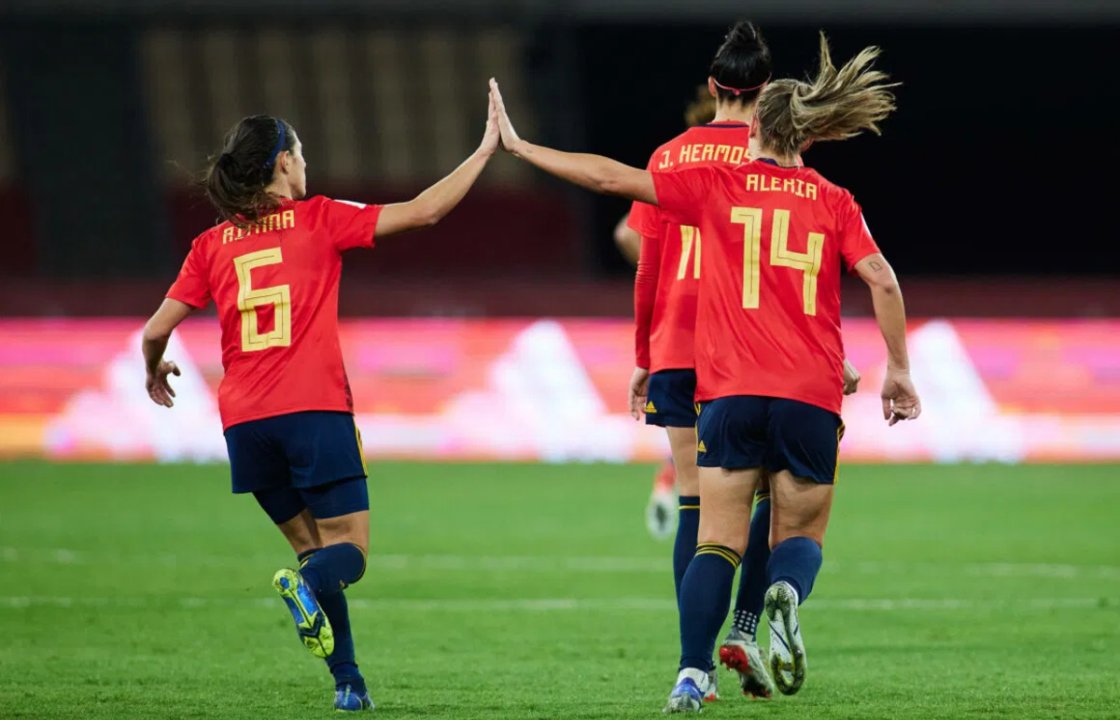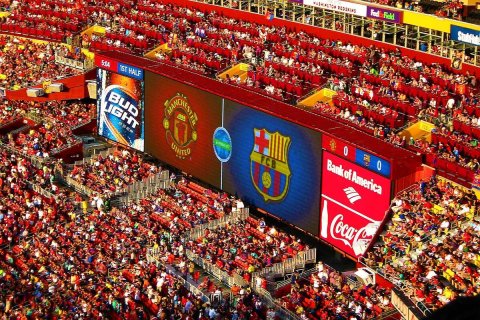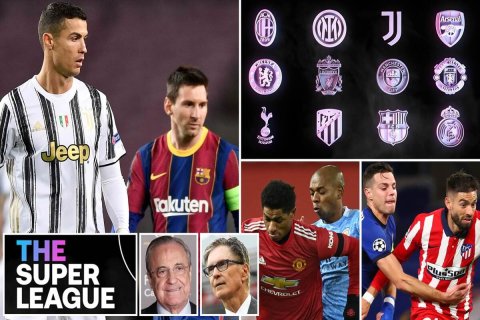Spain's national men’s soccer team has surged to second place in the FIFA rankings, marking a remarkable comeback that reflects years of strategic rebuilding and a new golden era of Spanish football.
A Legacy Reborn
Once the dominant force in world football, Spain captured the world’s attention with its historic run between 2008 and 2012, winning two UEFA European Championships and a FIFA World Cup. But after their triumph in South Africa, the national team experienced a sharp decline, exiting major tournaments earlier than expected and struggling to maintain consistency. Critics questioned whether the famed “tiki-taka” style had become obsolete.
Fast forward to today, and Spain has once again positioned itself as a global powerhouse, reaching second place in the FIFA rankings. This climb is not just a statistical achievement but a reflection of renewed tactical clarity, youth development, and strategic leadership. The new generation of Spanish talent is not only skilled but also deeply connected to the core values of teamwork, possession-based football, and tactical intelligence.

The New Generation: Blending Youth with Experience
The revival of Spain’s national team has largely been driven by the emergence of a new wave of young players—skilled, confident, and fearless. Names like Pedri, Gavi, Nico Williams, and Lamine Yamal have burst onto the international scene, demonstrating the maturity and technical excellence once associated with legends like Xavi, Iniesta, and David Silva.
But what makes this generation special is not just their ability on the ball. It's their understanding of space, their vision, and their willingness to adapt to different tactical systems. Supported by more experienced figures such as Rodri, Morata, and Laporte, the team has found a strong balance between youthful exuberance and veteran leadership.
This synergy is a hallmark of today’s Spain—less about individual brilliance and more about collective identity. Under the guidance of coach Luis de la Fuente, Spain has embraced a more dynamic, vertical game, while still honoring its foundational possession-based approach.
Tactical Evolution: Beyond Tiki-Taka
It would be a mistake to assume Spain’s success is simply a revival of tiki-taka. While ball retention remains important, the team has evolved tactically. They now play with greater urgency, quicker transitions, and a more aggressive pressing game. This reflects a broader shift in international football, where intensity, athleticism, and fluidity are becoming central.
Spain’s ability to control tempo, switch formations, and counterattack effectively has made them one of the most difficult teams to play against. They’re not just beautiful to watch—they’re efficient, deadly, and resilient. These attributes were evident in their recent UEFA Nations League victory and solid performances in the European qualifiers.
The team’s current FIFA ranking is a testament to consistent results against top-tier opposition. It also reflects how the federation’s commitment to long-term development, including investment in youth academies and data-driven coaching, has begun to pay off.
A Culture of Development
Spain’s return to the top of the global game is no accident. It is rooted in a culture of development that prioritizes technical training from a young age, holistic player education, and continuous tactical refinement. Clubs like Barcelona, Real Madrid, Athletic Bilbao, and Villarreal have all contributed to shaping players who are not just talented but tactically mature.
The Spanish football system emphasizes individual skill within a collective structure, ensuring players understand their role both on and off the ball. There’s also a strong focus on mental strength, discipline, and adaptability—qualities essential for success in the modern game.
This model has influenced countries around the world. But Spain’s ability to stick to its core philosophy while adjusting to new footballing trends is what makes its national team so unique—and why it now sits as the second-best team in the world, according to FIFA.

Looking Ahead: Can Spain Go All the Way?
Being second in the FIFA rankings is a huge accomplishment, but Spain will not settle. With major tournaments like UEFA Euro 2024 and the 2026 FIFA World Cup on the horizon, the goal is clear: win trophies. The path won’t be easy, as giants like France, Brazil, Argentina, and England remain formidable.
Still, Spain’s current trajectory suggests they are not just building for today—they are building for sustained excellence. The structure, coaching staff, and player pool are all aligned toward long-term success.
And perhaps most importantly, this team is hungry. Unlike previous golden generations, the new Spain carries no baggage of past glories or failures. They play with freedom, ambition, and a desire to write their own story.
Lessons from Spain for SIA Academy
At SIA Academy, we take great inspiration from Spain’s national team. Just like La Furia Roja, we believe in developing technical excellence, tactical intelligence, and team cohesion from the ground up. Our programs are built to mirror the same principles: possession-focused play, mental and physical preparation, and the adaptability required to thrive in today’s ever-evolving game.
We train our players not just to perform, but to understand the game—to read space, anticipate movement, and make smart decisions under pressure. We aim to create complete footballers, much like the new Spanish generation that is now dazzling the world. The rise of Spain in the FIFA rankings serves as a powerful reminder that investing in development, staying true to a vision, and evolving with the game are the keys to long-term success—values we proudly embody at SIA Academy.






